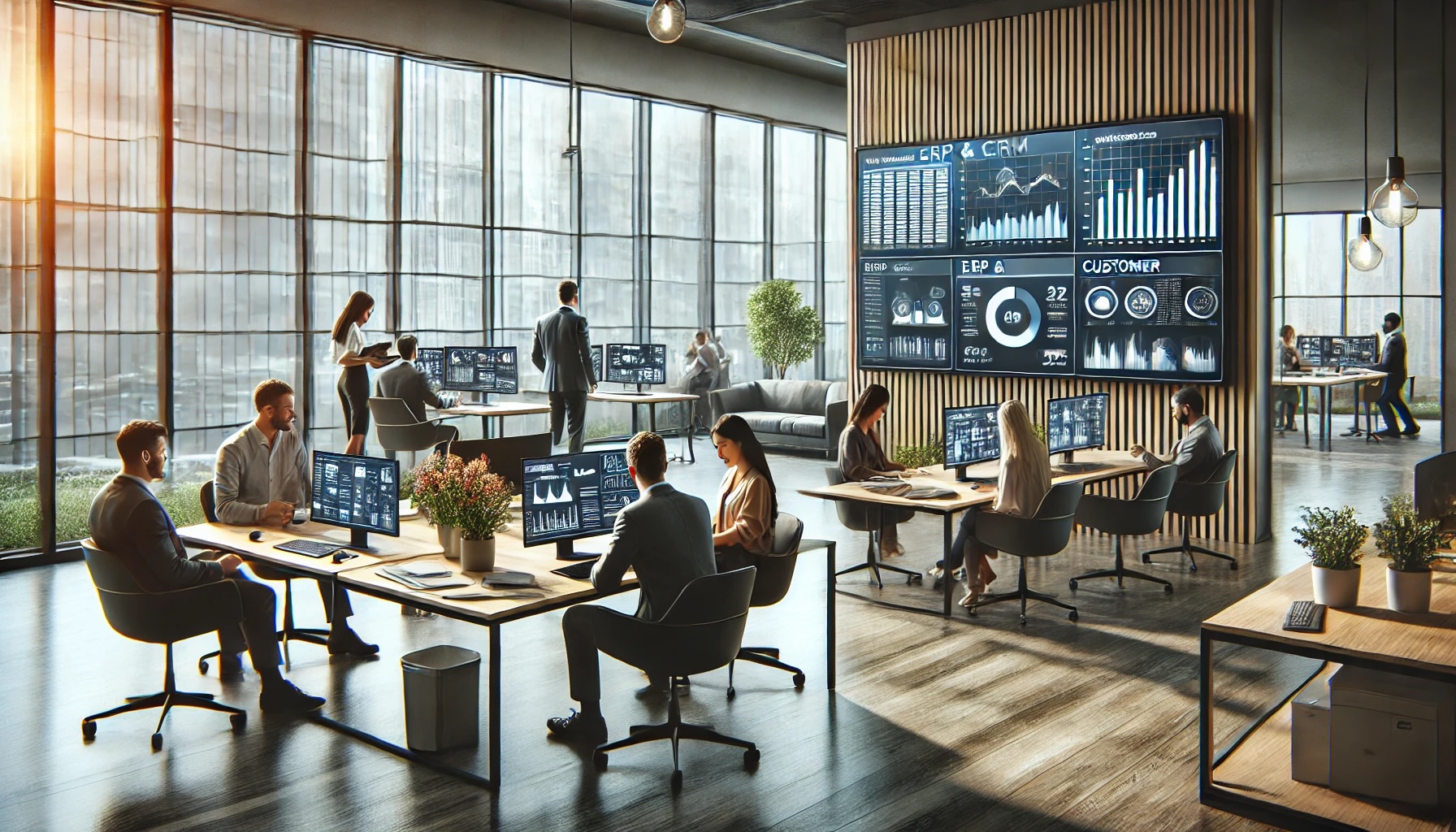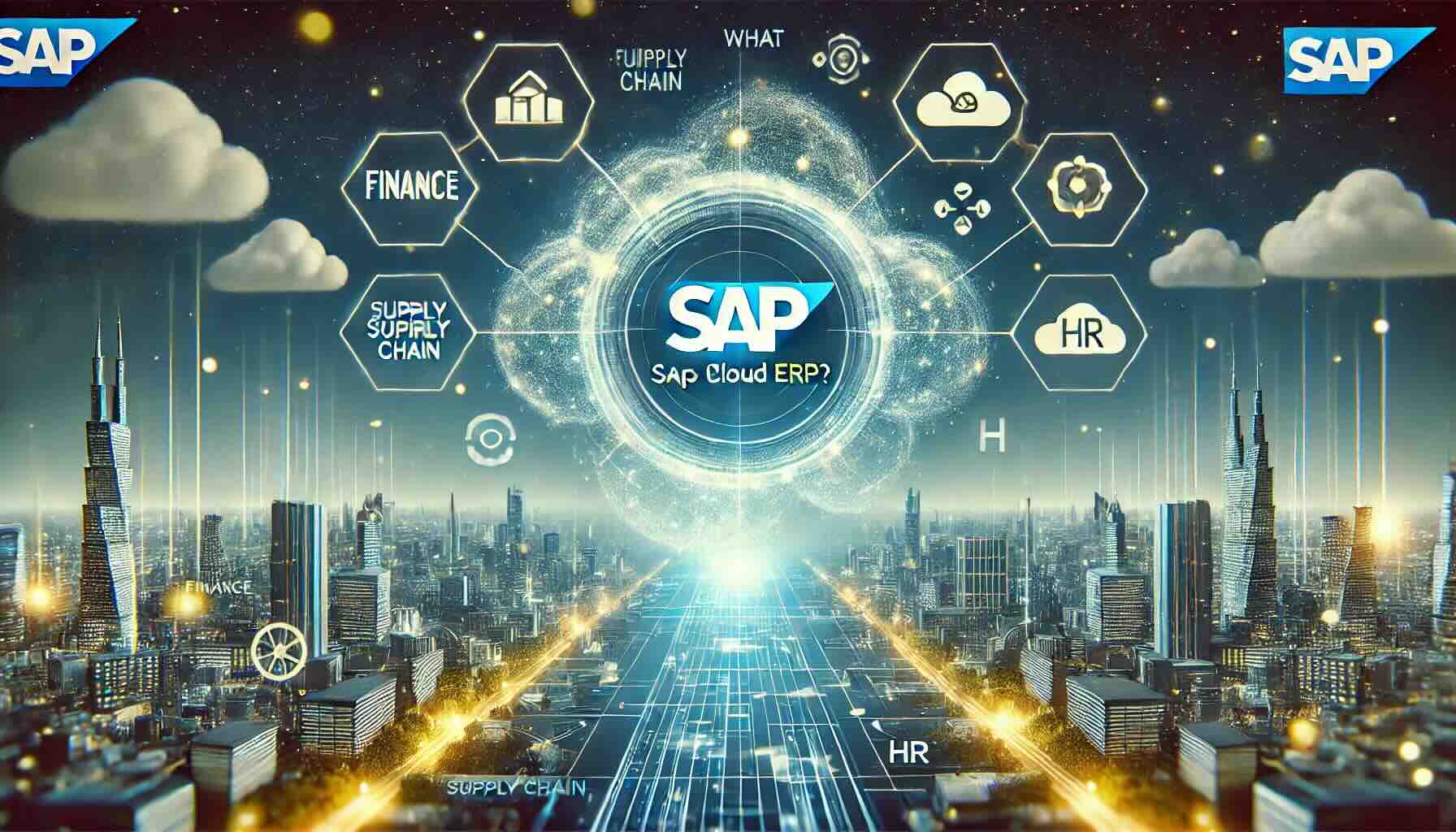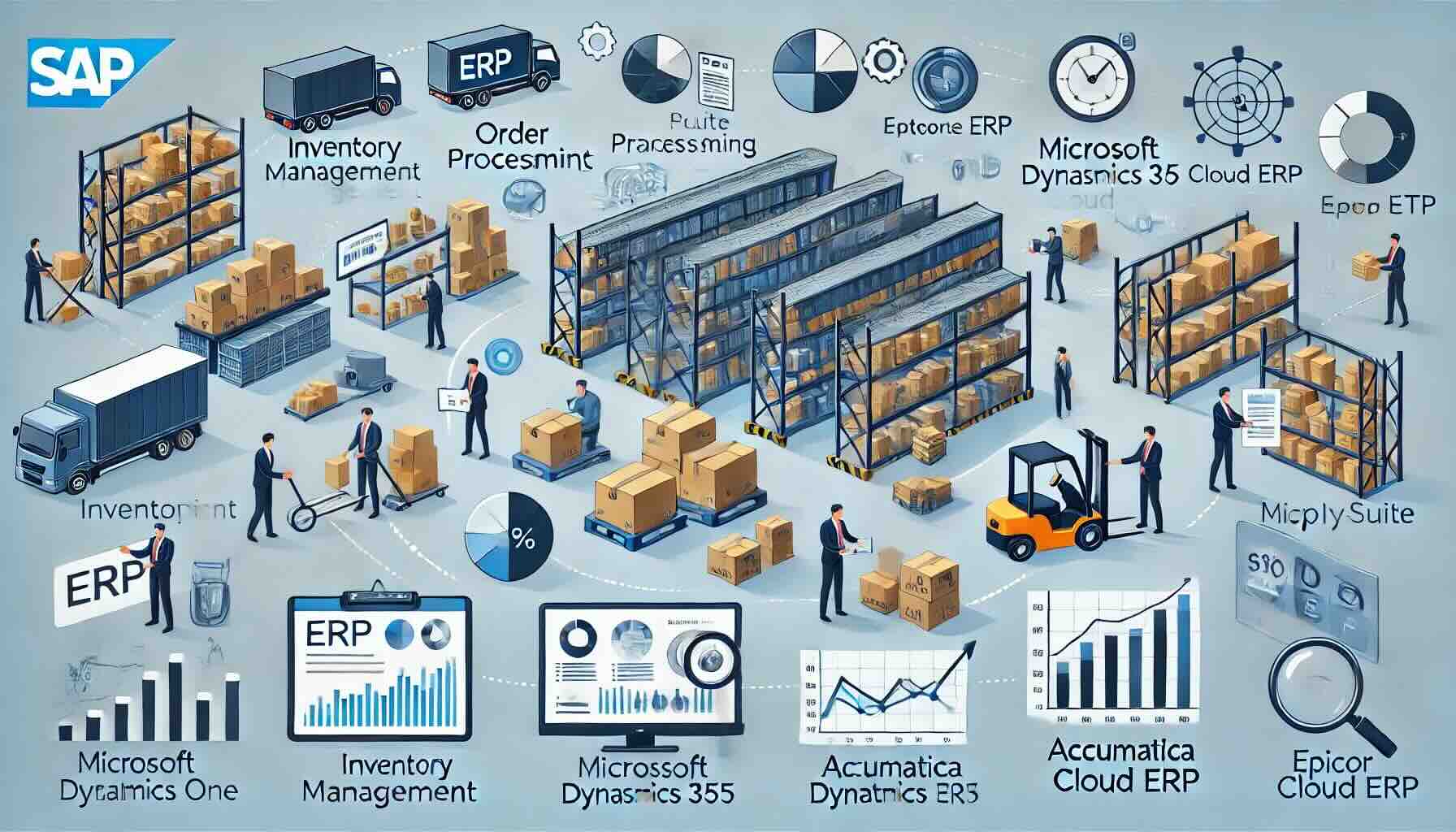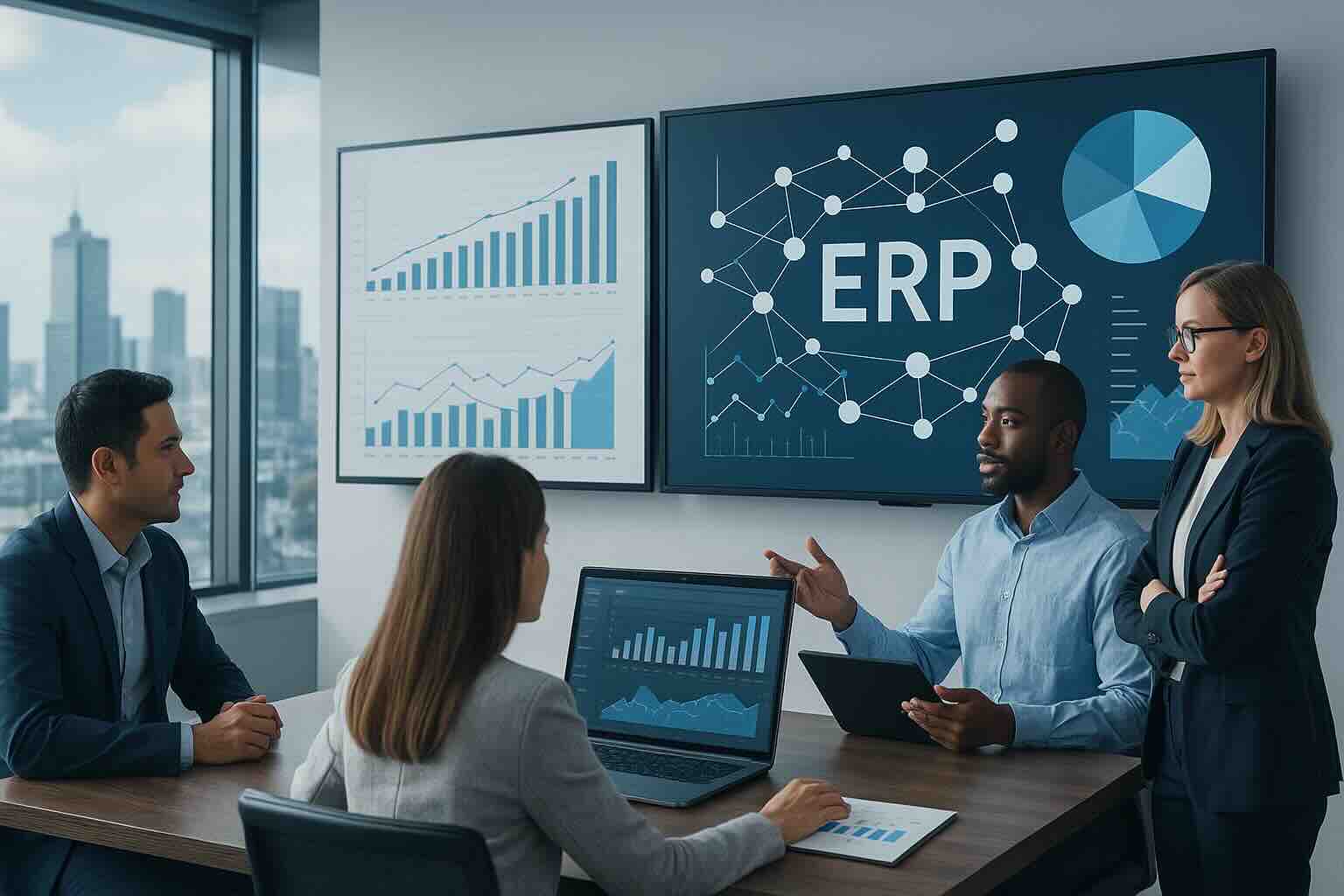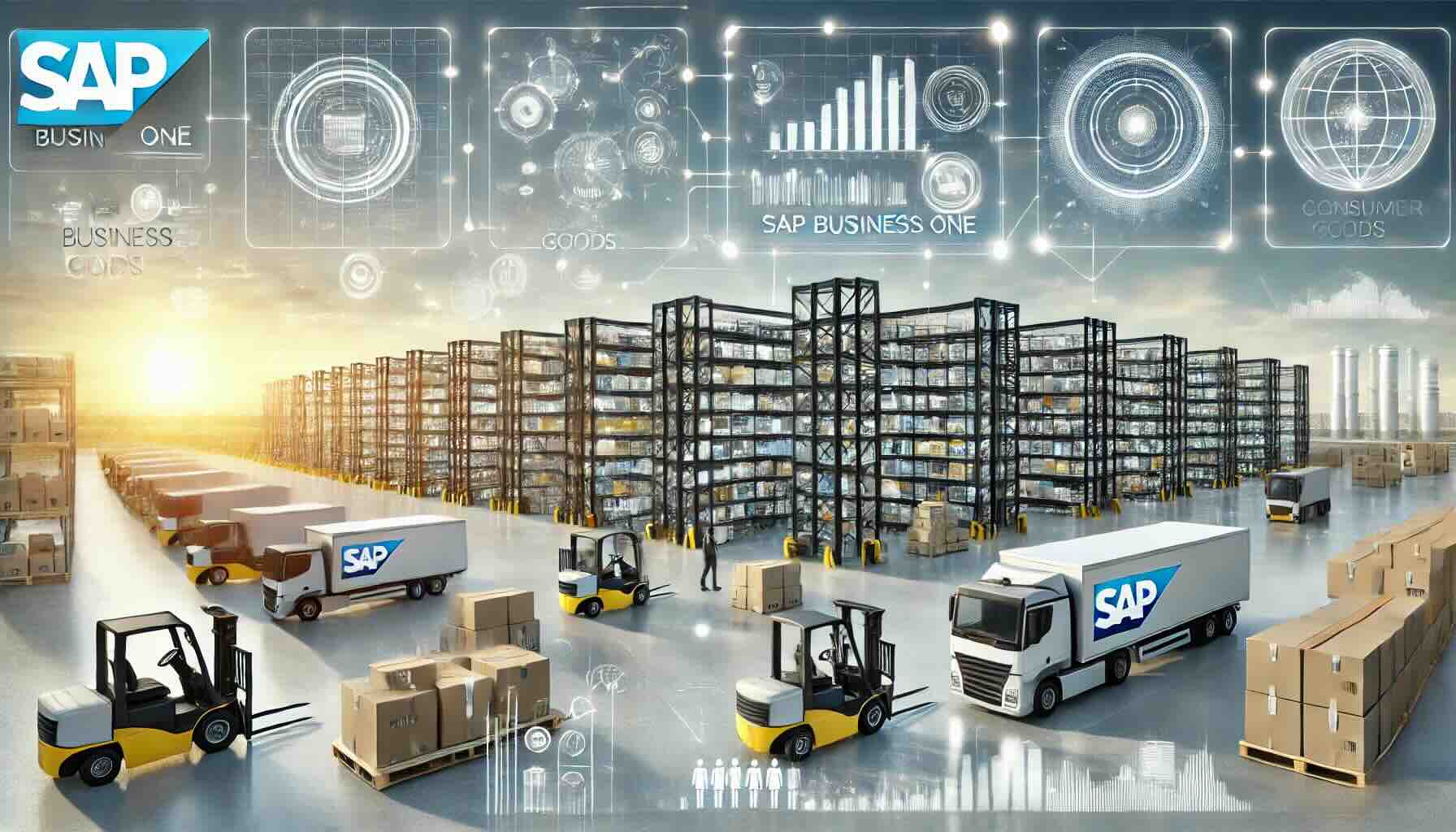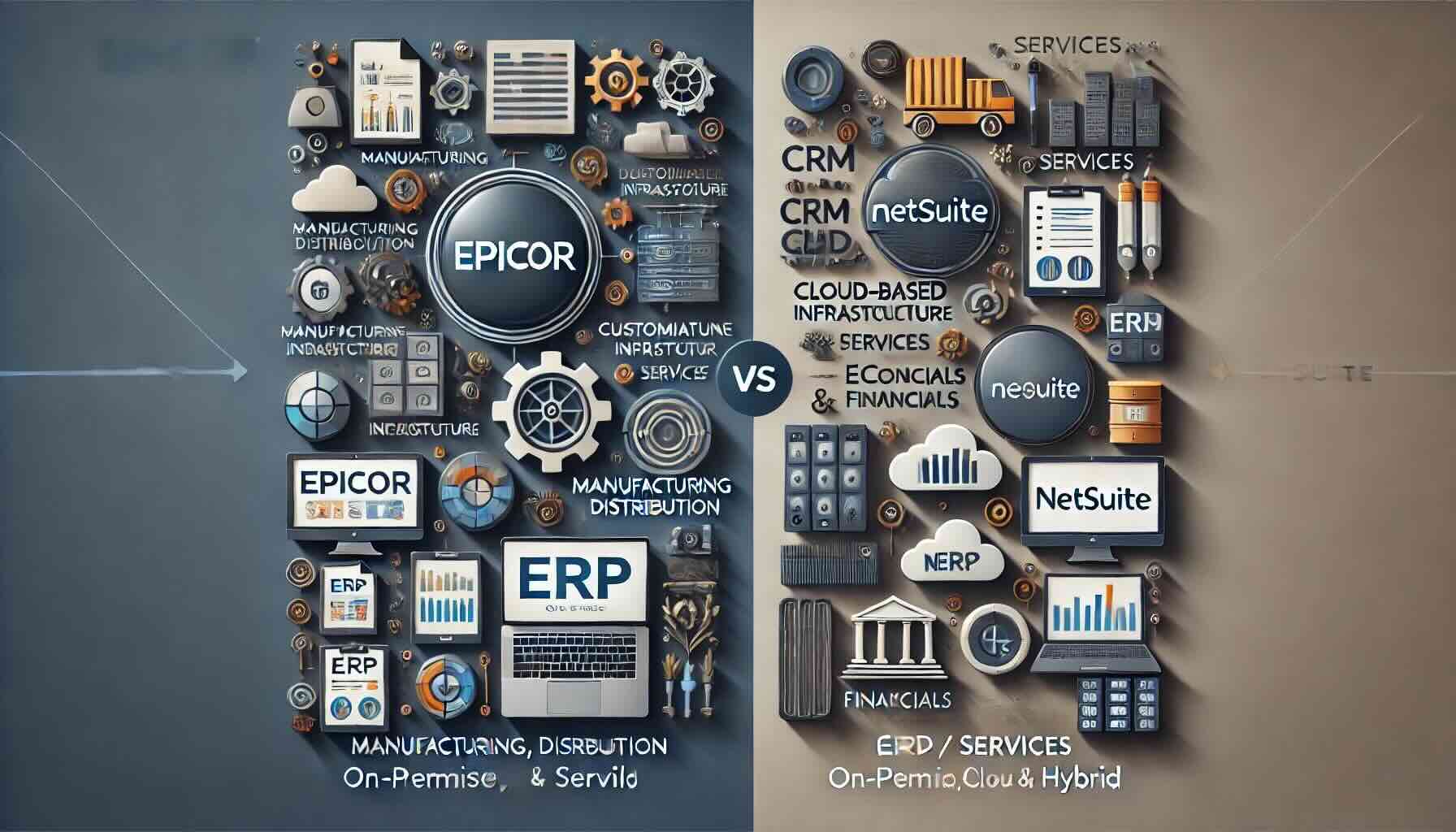Is Infor a Good ERP for Retail?
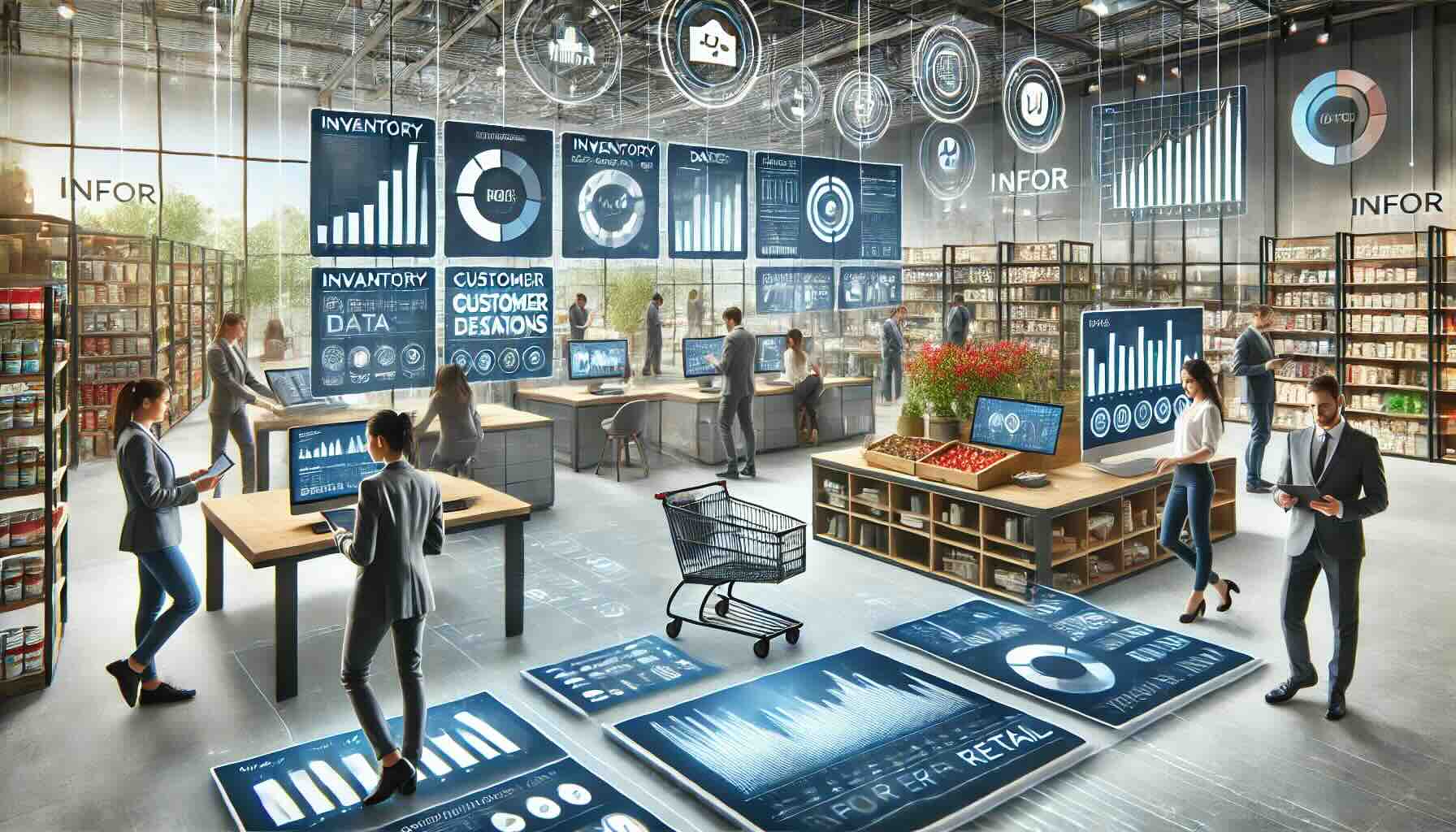
For retail companies, selecting the right enterprise resource planning (ERP) system is crucial. Retailers are met with a host of challenges, from inventory management to customer experience, supply chain efficiency and real-time data analytics. So, how well does Infor ERP for retail hold up as a solution?
Zooming in: Infor for Retail
Infor offers solutions which are tailored for various industries, including retail. Known best for its complexity and regular innovations, While Infor ERP is hailed for its adaptability and functionality, it is also known for its complexity and constant updates.
What are Infor’s Strengths?
- Industry-Specific Solutions. Infor ERP efficiently handles inventory management, supplier relations, and customer experience – all of which are vital for a successful retail operation.
- Advanced Analytics. Harnessing the power of advanced analytics, Infor ERP provides retailers with insights into customer behavior, sales trends and supply chain performance. With a data-driven approach, companies are able to make better decisions and strategize.
- User-Friendly Interface. The intuitive interface of Infor ERP means that retail employees, often working within the pressures of fast-paced environments, can easily navigate the system without needing extensive training.
- Integration Capabilities. As the retail industry increasingly relies on e-commerce and online platforms, Infor ERP’s ability to integrate with various digital channels and tools is a significant advantage.
- Scalability. As retail businesses grow and change, Infor ERP can scale accordingly. This flexibility ensures that retailers do not outgrow their ERP system.
What are Infor’s Weaknesses?
- Implementation Complexity. Implementing Infor ERP, particularly in large or multifaceted retail operations, can be complex and time-consuming. This may disrupt regular business operations if not managed effectively.
- Cost. While Infor ERP offers comprehensive solutions, the cost might exclude small to medium-sized retailers. The total cost of ownership, including implementation and maintenance, is less affordable than other options in the market.
- Training and Adaptation. Despite having a user-friendly interface, due to its wide range of functionalities, Infor ERP for retail may still require substantial training for staff – particularly those who are less tech savvy.
- Customization Limitations. Some retailers may find that while Infor ERP caters to general retail needs, it may not align perfectly with their specific business model or accommodate their niche market requirements.
Infor ERP for Retail – Case Studies
A multinational retail chain implemented Infor ERP to streamline its inventory and supply chain management across multiple locations. The result was positive, as they improved inventory accuracy, reduced their costs and enhanced customer satisfaction.
On the flip side, a small boutique chain found the implementation of Infor ERP challenging and less effective due to its complexity and the scale of the system, which was more than what they required for their operations.
To Conclude: Is Infor ERP the Solution for You?
Infor ERP for retail is a robust and capable system, well-suited for retailers looking for a comprehensive, industry-specific solution. Its strengths in analytics, scalability and user experience make it a competitive choice. For large retail operations with the resources to implement and maintain Infor ERP, it offers a transformative potential. Smaller retailers, though, should consider whether the solution aligns with their business needs at this stage, particularly given the cost and complexity implications. For the right business, Infor for Retail can certainly be a powerful tool. Click this link to find out more about Infor for retail.
To compare Infor with 100s of other ERP solutions, you can use our new AI-powered Compare ERP tool. It’s free to use and you get a guaranteed discount on your first year’s licence fees with a referral from Compare ERP.

